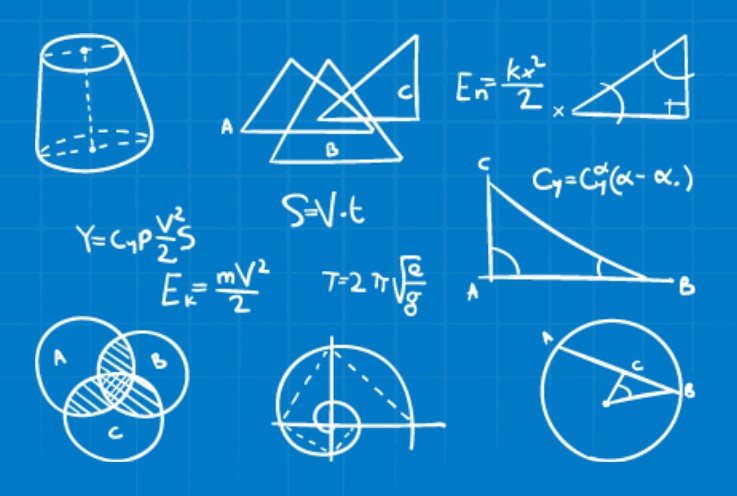
INSIGHT: Reflections on the Mathematics Courses at EPS
By Dr. Randy Reina, 2020-21 Math Discipline Lead
The EPS Vision Statement, “Inspire students to create a better world,” is a goal we continually strive towards. The vision asks students to apply the skills and concepts they learn at EPS to the novel problems and situations they encounter in the world.
The mathematics courses at EPS contribute to the effort by posing novel problems that require students to apply the concepts and skills they learn to new situations. Through small group work, and by posing problems that invite investigation and debate, students come to a deeper understanding of the concept while also building creativity, critical thinking and community awareness.
Too often, mathematics instruction emphasizes the skills and routines to the detriment of a deep understanding of the concepts and without allowing the time for thoughtful application. A focus on skills means you can, “cover the material” at a rapid pace, but doing so risks reducing math to a series of formulas and known routines. Getting to a deeper understanding requires an investment in time and ongoing practice communicating mathematical ideas. Focusing on skills is efficient, but not sufficient.
Consider the topic of slope:
Using the slope formula, to find the slope of a line between two points, (x1,y1) and (x2,y2) is an important skill in Algebra 1. Understanding the concept of slope as the ratio of change in vertical distance to horizontal distance (often stated as, “rise over run”) allows students to find slope in a variety of problems. If we then assign, “distance” to the y-axis and, “time” to the x-axis we have a way to apply the concept of slope to analyze speed and acceleration.


To ensure a broad and deep experience, mathematics courses at EPS use a balance of teacher directed and inquiry based instructional approaches. Teacher directed approaches are efficient and are often used to teach the skills. In addition, skills can be learned individually, and are often, “engineered” into a software learning system. (We use the ALEKS system.) On the other hand, inquiry-based activities, such as presenting a novel problem requires an investment in class time to allow students to reflect, consider multiple approaches, and communicate their thinking with one another.
Solving novel problems in a small group setting takes practice. As students move through their EPS careers, they gain more experience tackling the unknown. In turn, the higher-level mathematics courses place more emphasis on these inquiry-based instructional approaches. After all, the most interesting problems in life are not the ones we already know how to solve!
